- Posted on
⚠️ Please read with care: This blog shares personal, sometimes painful experiences. My intention is to support and speak honestly not to harm. I’m not a professional, just someone who understands how hard it can get. If you're struggling, you're not alone please reach out for professional help.
Boilers, Breakdowns, and Bloody Brain Fog
I don’t even know where to start. Maybe with the words “what a bastard of a weekend.” Everything that could go wrong decided to queue up and take its turn.
Let’s begin with the boiler. It decided to imitate Niagara Falls water everywhere, floor soaked, no heat, no hot water. Great start. Then, as if that wasn’t enough, the shower gave up the ghost too. Bang. Dead. The whole house became a cold-water museum.
Then came the van. My beloved van. We were on the A30, just by the slip road, when Albertine noticed the injector went. One second fine, next second it’s dead weight in the middle of moving traffic. Hazards flashing, adrenaline spiking, and me thinking this is how it ends taken out by a Vauxhall Astra doing seventy. Albertine showed her amazing driving skills not phased by this.
Then, out of nowhere, a police car pulled up. The officer calm, soaked to the bone, but kind got cones out, blocked traffic, and stood there in the rain keeping us safe. Not a word of complaint, not a flicker of irritation. Just a proper human being doing his job with quiet grace. I can’t tell you how much that meant. That man was an anchor in chaos.
Then came the AA. The man could’ve just towed us off and left it at that. But no. He got right in there, sleeves up, fuel injector changed right there, towed to a safe service station off the A30. Professional, calm, and genuinely cared that we were okay. He didn’t have to go that extra mile, but he did and that’s what makes people like him the backbone of this broken country.
All this time, poor Yopi sat in the van, nervous as hell, shaking. It broke my heart. I tried to make it work, but sometimes love isn’t enough. She was too anxious, too reactive, and for a bloke like me in a wheelchair, it was too dangerous. Saying goodbye to her felt like a little death. I hope she finds peace and comfort with someone who understands her better.
By the end of it all, the boiler’s still broken, the shower’s still buggered, and I’m £2,000 deeper in debt. The tinnitus screams like a banshee in my skull, and my brain fog’s so thick I could get lost in my own hallway.
But and it’s a big but there were good people this weekend. The copper who stood in the rain to keep us safe. The AA man who refused to give up. The workers who came out, late, cold, tired, but still tried to fix what they could. In a world full of empty talk, they did. And that’s worth writing about.
So yeah, I’m bruised, broke, and battered but grateful. Sometimes the universe doesn’t send angels; it sends ordinary people in high-viz jackets.
Warmth at Last From breakdowns and boiler floods to a bit of blessed heat
Monday midday, and for the first time in what feels like forever we’ve got heat. The boiler’s fixed, the shower’s replaced, and the house actually feels alive again. No more cold damp air biting at the bones. No more washing like a caveman with a kettle. Just warmth. Real, glorious warmth.
I can’t thank the people who showed up enough. They didn’t just fix pipes and wires they fixed a bit of faith. There are still people out there who genuinely give a damn. Who turn up, in the rain, in the cold, when things go wrong not for glory, not for money, but because they care.
This weekend from hell taught me something unexpected. Kindness still exists in the cracks of this mad world. When everything went wrong, people stepped up the police officer who stood out in the downpour, the AA man who wouldn’t give up, and the repair crew who brought warmth back into my home.
You all changed my mind about a few things for the better. You reminded me that not everyone’s out for themselves, that decency hasn’t completely gone extinct.
So yeah, I’m tired, sore, and skint but I’m sitting here in the warmth, and for the first time in days, that feels like victory.
Warlock Dark Chronic illness survivor, truth-teller, occasional bastard. From My Living Hell (For those who came here by accident: yes, my living hell is real. And yes, we still fight. Every shitty day. With defiance.)
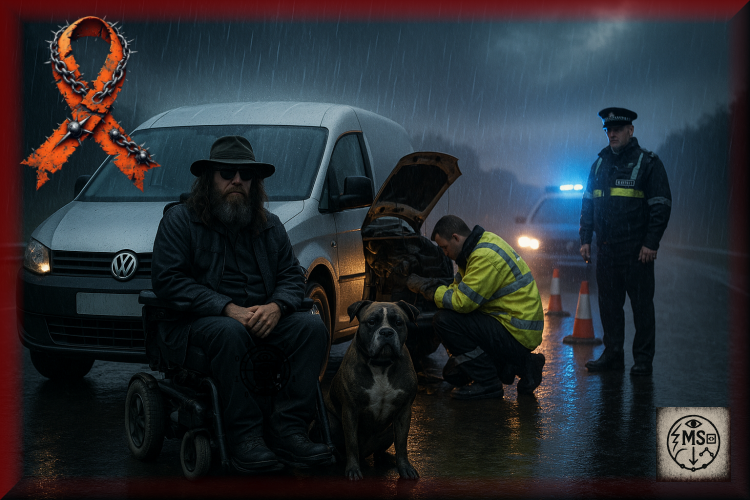
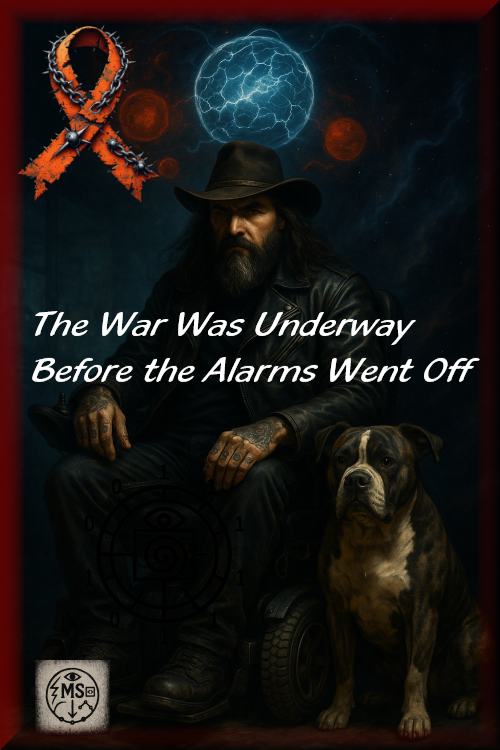
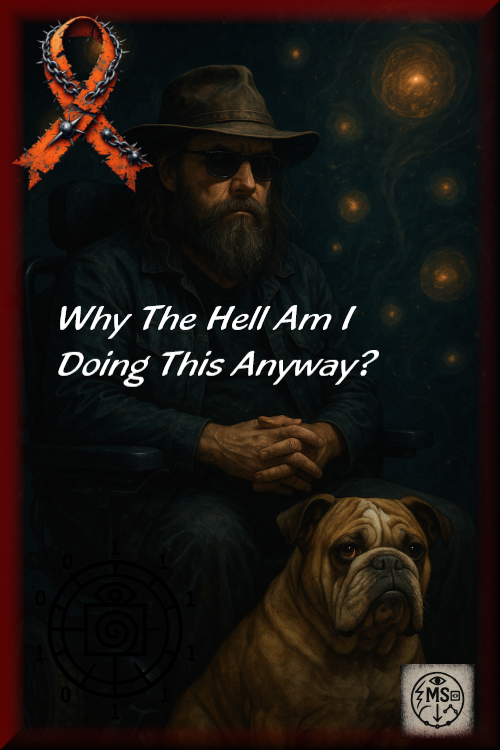

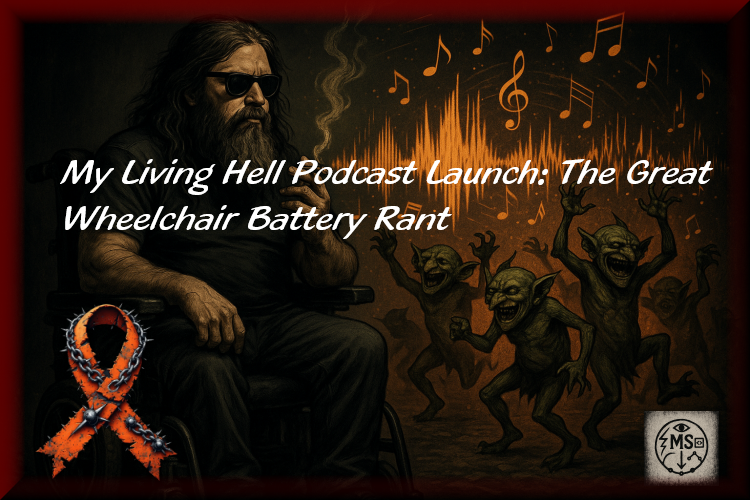
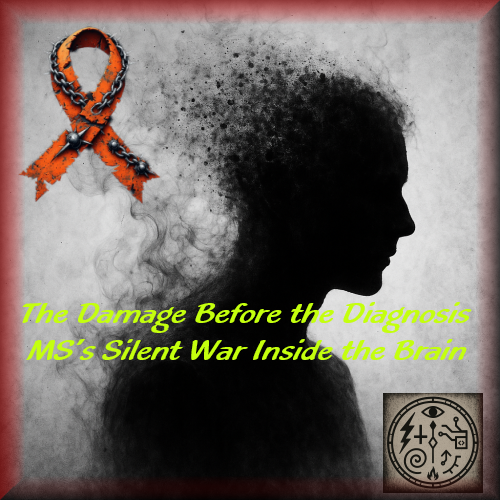
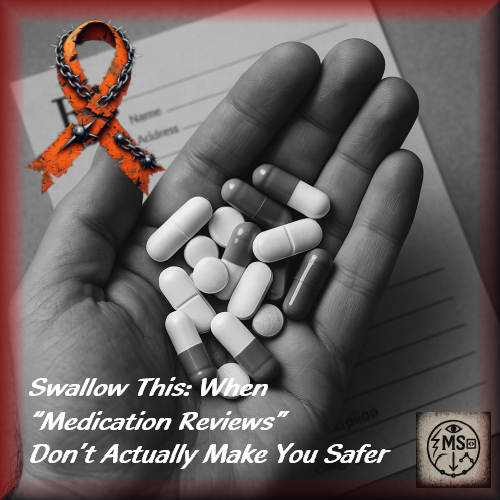
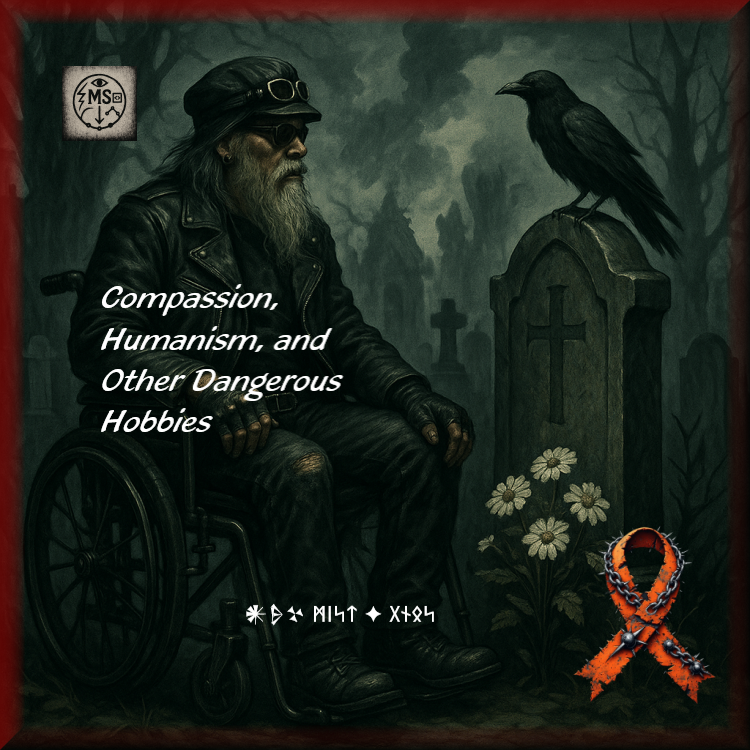
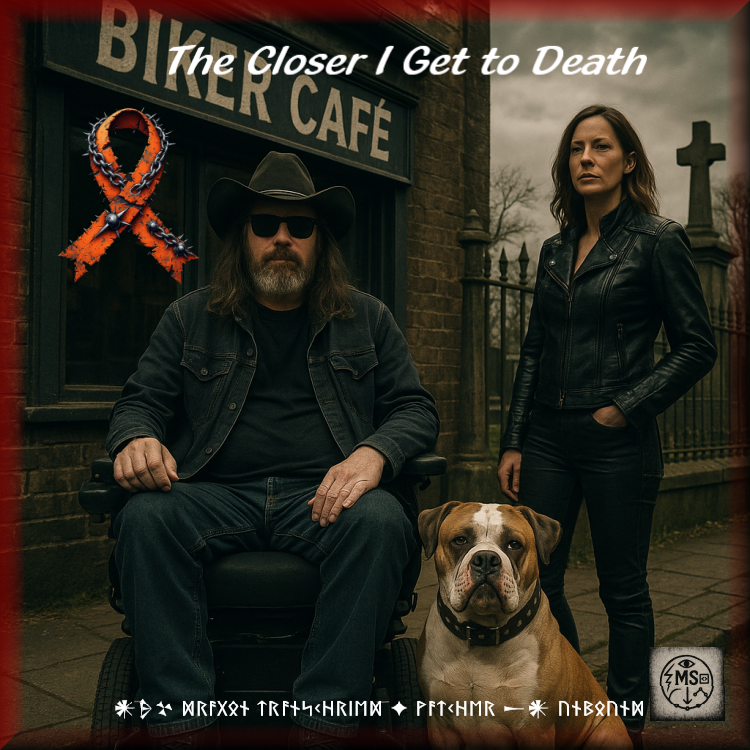 @goblinbloggeruk - sick@mylivinghell.co.uk
@goblinbloggeruk - sick@mylivinghell.co.uk